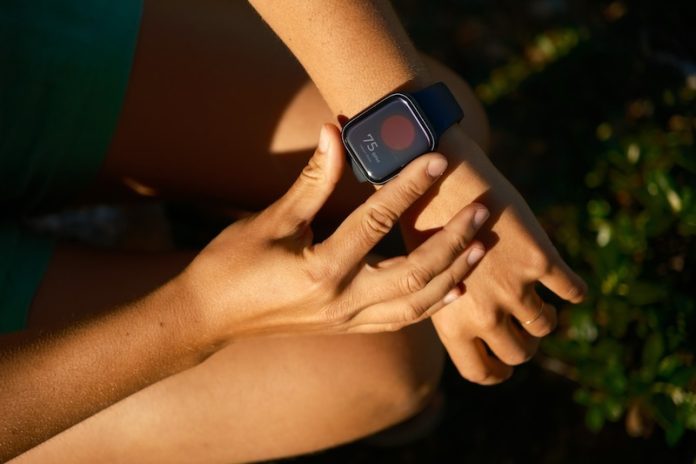
Imagine a device that keeps track of your heart rate, sleep patterns, and even your stress levels—all while sitting comfortably on your wrist. Wearable health monitoring devices, like smartwatches and fitness trackers, are becoming more advanced every year, making it easier for people to stay on top of their health.
These devices are changing the way we think about healthcare, offering real-time data and insights that can help prevent illnesses and improve overall well-being.
Wearable health devices first gained popularity with fitness enthusiasts, who used them to count steps and track exercise. Today, these gadgets have evolved into powerful health tools capable of monitoring a wide range of bodily functions.
For example, many smartwatches now come with heart rate monitors, oxygen level sensors, and even electrocardiogram (ECG) features. These advancements have made wearable devices useful not just for fitness but also for managing chronic conditions and detecting potential health problems.
One major breakthrough in wearable technology is its ability to monitor heart health. Devices like the Apple Watch and Fitbit have built-in sensors that can track your heart rate throughout the day. Some can even detect irregular heart rhythms, such as atrial fibrillation, which is a major risk factor for stroke.
In fact, studies have shown that wearable devices can accurately identify these irregularities, helping users seek medical advice sooner. This early detection can save lives by allowing doctors to treat conditions before they become more serious.
Sleep tracking is another area where wearable devices are making a big impact. Many devices can monitor how long you sleep, how often you wake up, and even the different stages of sleep, like deep and REM sleep.
Poor sleep is linked to a variety of health issues, including heart disease, obesity, and depression.
By providing detailed sleep data, wearable devices can help people understand their sleep habits and make changes to improve their rest. Some devices even offer personalized tips, like going to bed earlier or reducing screen time before sleep.
Wearables are also proving valuable for people with chronic illnesses like diabetes or hypertension. Continuous glucose monitors (CGMs), for instance, allow people with diabetes to track their blood sugar levels in real time without the need for constant finger pricks.
These devices send alerts when blood sugar levels go too high or too low, helping users take immediate action. Similarly, wearable blood pressure monitors let users keep an eye on their blood pressure throughout the day, providing data that can help doctors adjust treatment plans.
Mental health is another area where wearables are making strides. Some devices now include features that track stress levels by measuring heart rate variability or skin temperature.
By identifying periods of high stress, these gadgets can encourage users to take breaks, meditate, or practice deep breathing exercises. Research has shown that regular stress monitoring can lead to improved mental health and reduced risk of burnout.
While wearable devices offer many benefits, they also come with challenges. One concern is accuracy. Although these devices are becoming more reliable, they are not perfect and should not replace professional medical equipment.
Another issue is data privacy. Wearable devices collect a lot of sensitive health information, and there is always a risk of data breaches. Users should ensure they’re using devices from trusted companies with strong privacy policies.
Despite these challenges, wearable health monitoring devices are shaping the future of healthcare. They empower individuals to take control of their health by providing valuable data and insights.
Doctors can also use this information to create more personalized treatment plans. As technology continues to improve, wearable devices will likely become even more accurate and versatile, making them an essential tool for staying healthy.
In conclusion, wearable health monitoring devices have come a long way, evolving from simple step counters to sophisticated health tools.
They offer a convenient way to track vital signs, manage chronic conditions, and improve mental well-being. With ongoing advancements, these devices are set to play a major role in healthcare, helping people live healthier and longer lives.
Copyright © 2025 Knowridge Science Report. All rights reserved.



